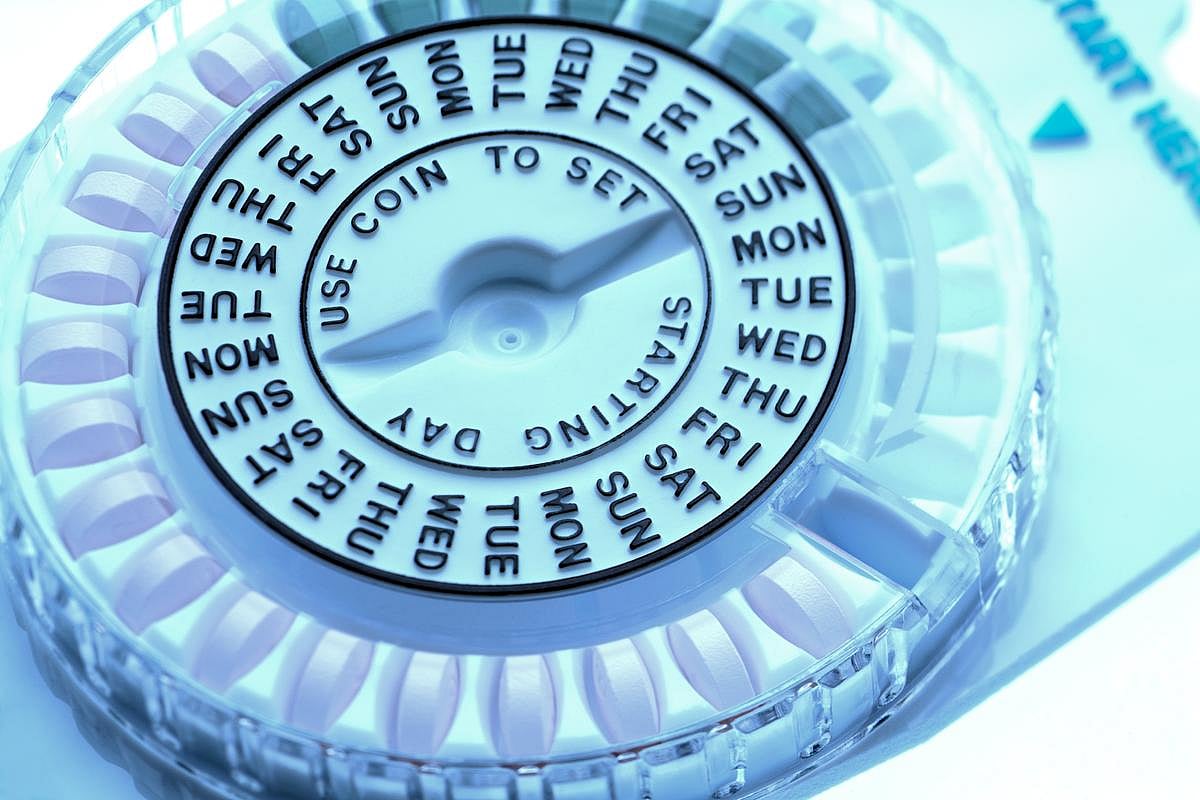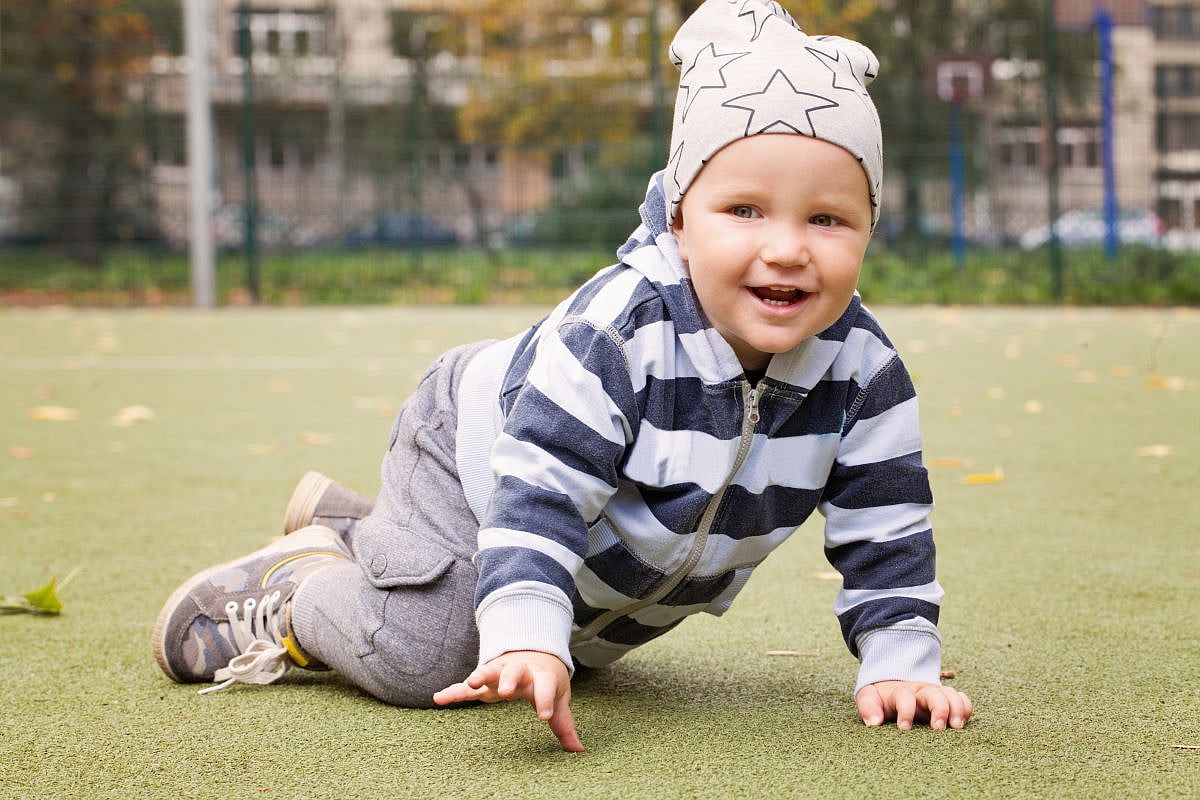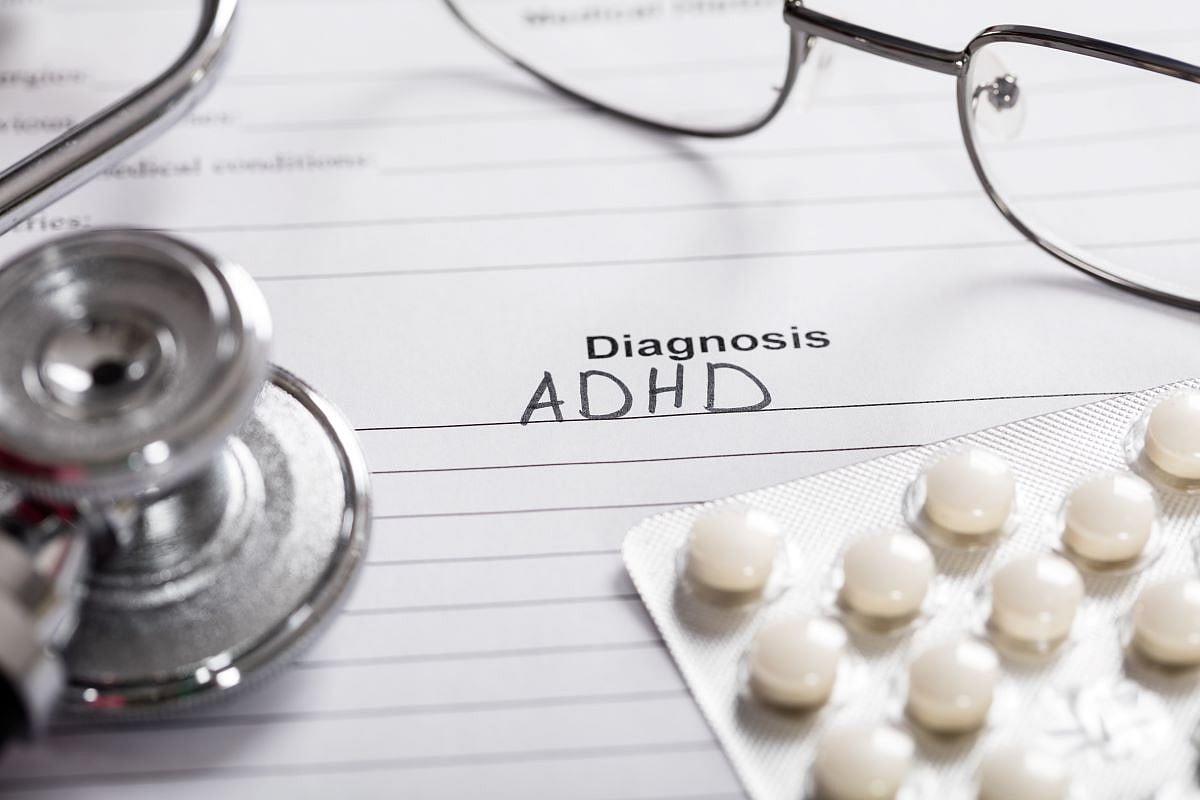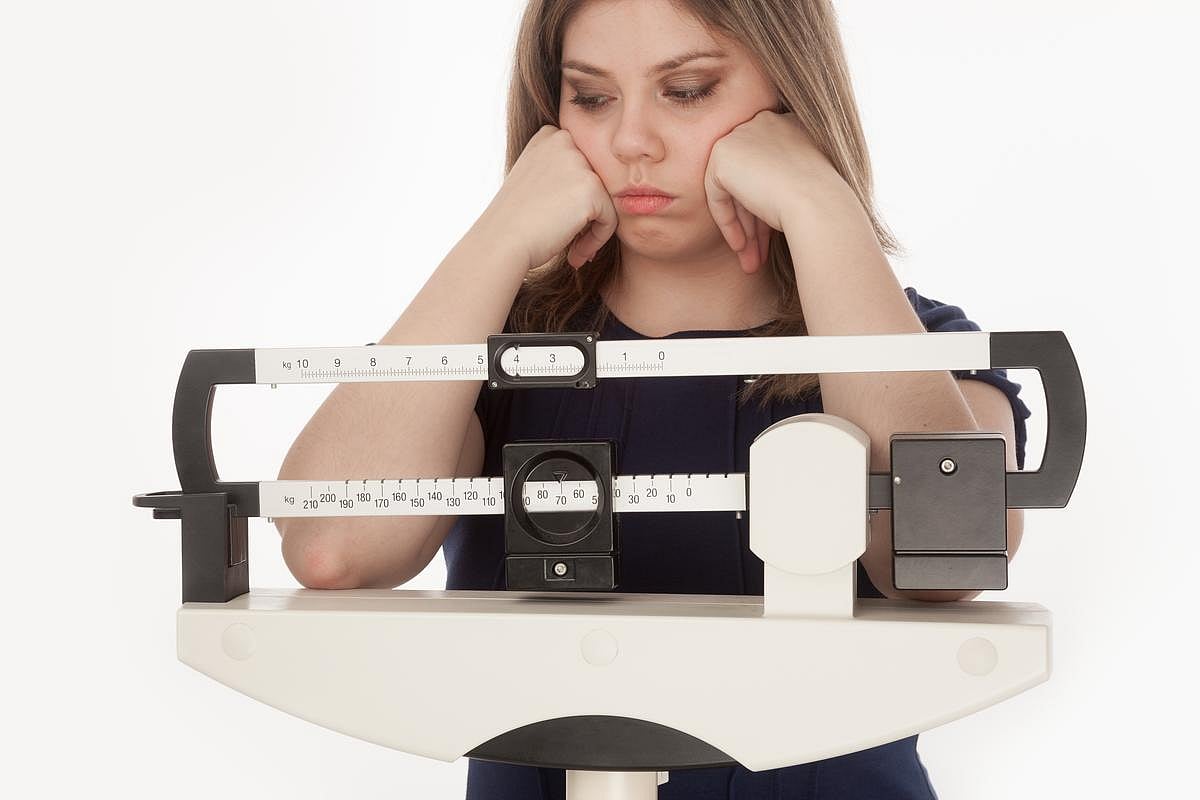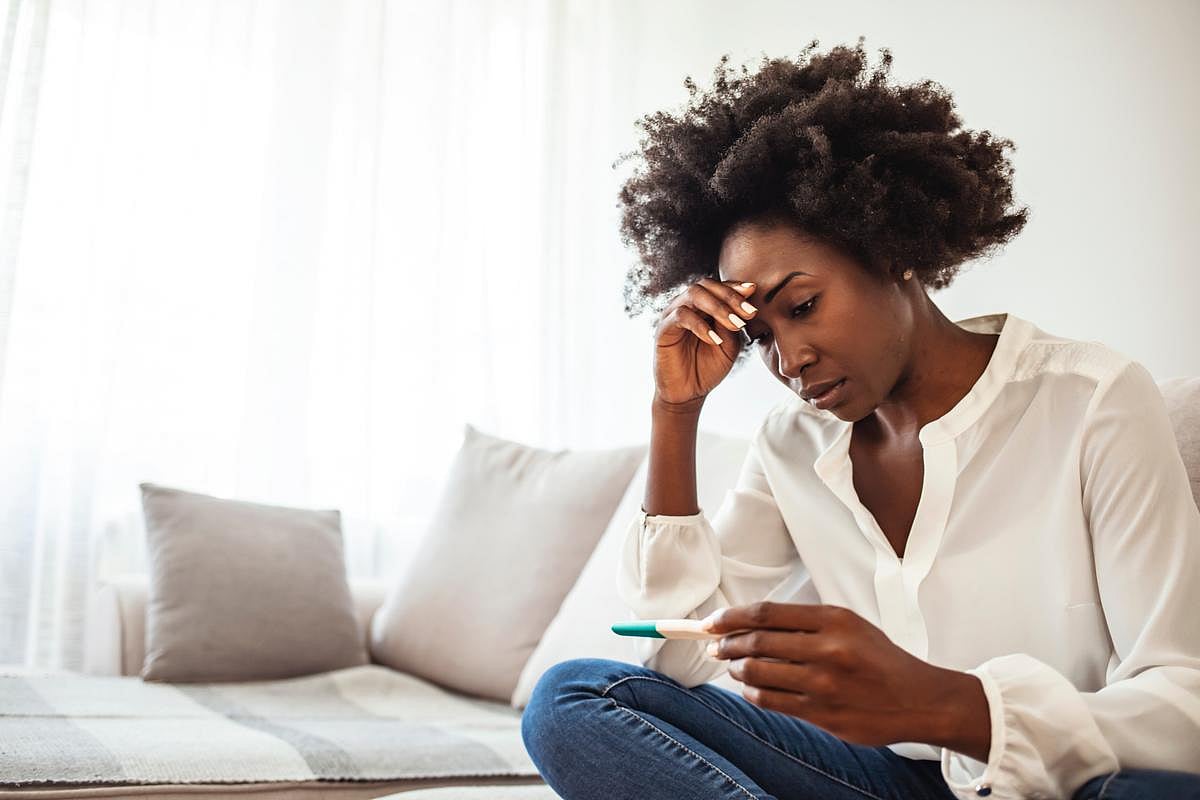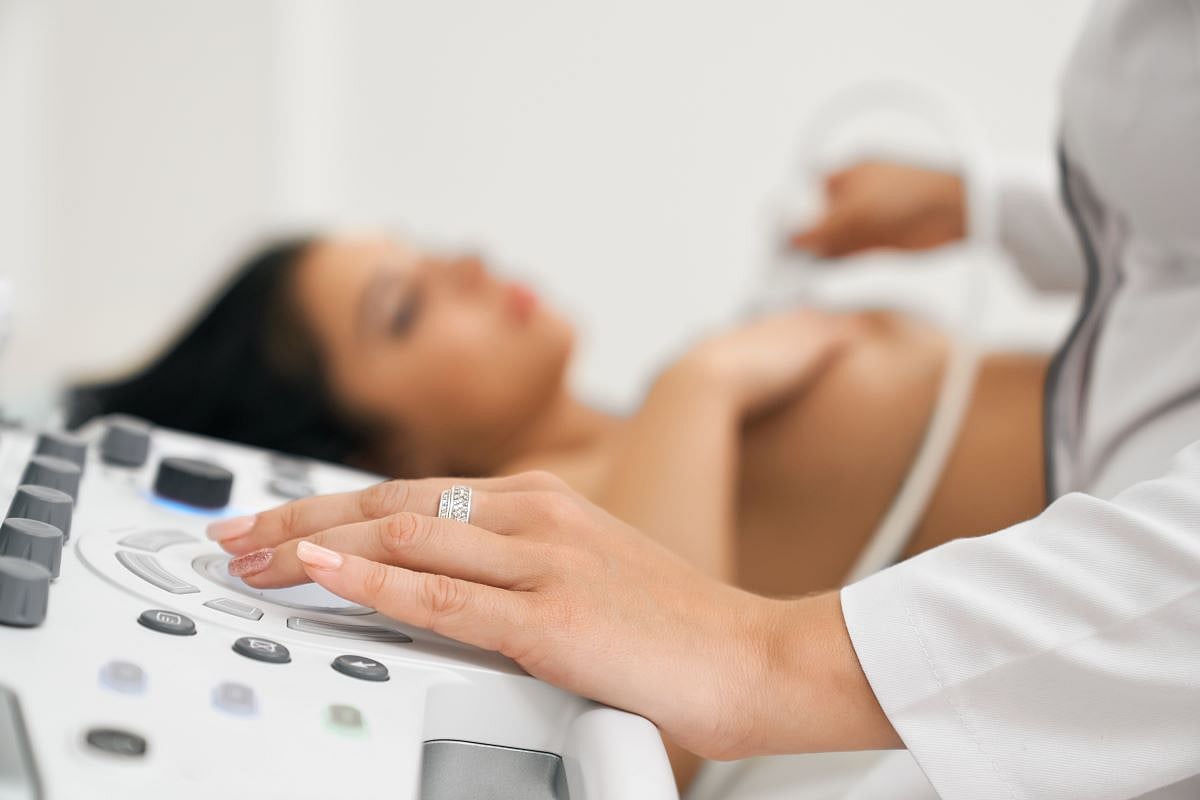
TUESDAY, Feb. 18, 2025 (HealthDay News) –Extensive genetic testing is recommended for all children with epilepsy, unexplained developmental delays, autism and other neurological conditions. New research, however, shows that Black children are less likely than white kids to complete such testing. This type of testing uncovers whether a child’s neurodevelopmental disorder is caused by a gene… read on > read on >











